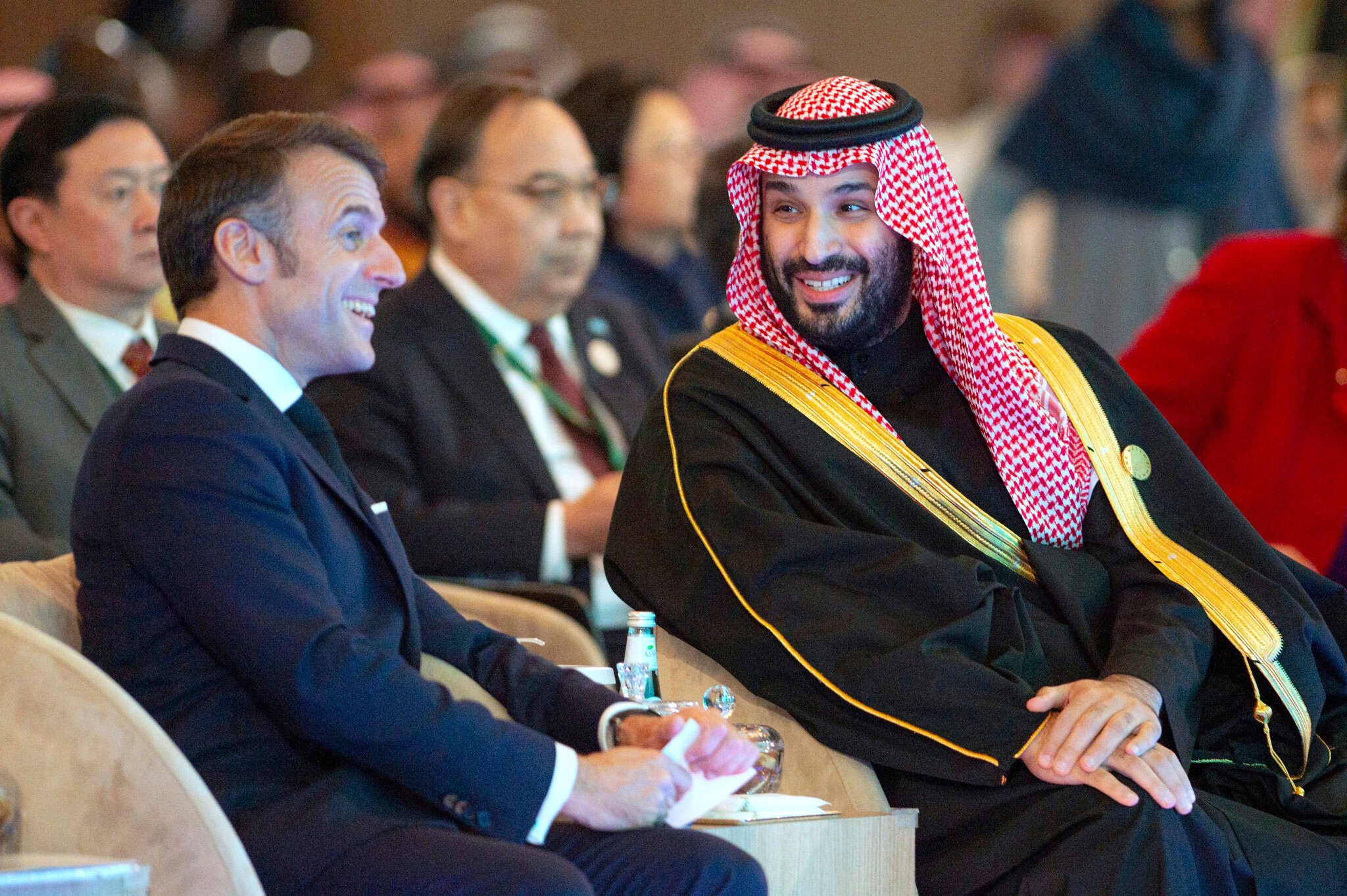



US President Donald Trump’s administration is discouraging governments around the world from attending a UN conference next week on a possible two-state solution between Israel and the Palestinians, according to a US cable seen by Reuters.
The diplomatic demarche, sent on Tuesday, says countries that take “anti-Israel actions” following the conference will be viewed as acting in opposition to US foreign policy interests and could face diplomatic consequences from Washington.
The demarche, which was not previously reported, runs squarely against the diplomacy of two close allies France and Saudi Arabia, who are co-hosting the gathering next week in New York that aims to lay out the parameters for a roadmap to a Palestinian state, while ensuring Israel’s security.
“We are urging governments not to participate in the conference, which we view as counterproductive to ongoing, life-saving efforts to end the war in Gaza and free hostages,” read the cable.
French President Emmanuel Macron has suggested France could recognize a Palestinian state in the West Bank and Gaza at the conference.
French officials say they have been working to avoid a clash with the US, Israel’s staunchest major ally.

“The United States opposes any steps that would unilaterally recognize a conjectural Palestinian state, which adds significant legal and political obstacles to the eventual resolution of the conflict and could coerce Israel during a war, thereby supporting its enemies,” the cable read.
The US for decades backed a two-state solution between the Israelis and the Palestinians that would create a state for Palestinians in the West Bank and Gaza alongside Israel.
Trump, in his first term, was relatively tepid in his approach to a two-state solution, a longtime pillar of US Middle East policy. The Republican president has given little sign of where he stands on the issue in his second term.
But on Tuesday, the US ambassador to Israel, Mike Huckabee, a long-time vocal supporter of Israel, said he did not think an independent Palestinian state remained a US foreign policy goal.
Asked Wednesday whether the Trump administration no longer supports a two-state solution, White House press secretary Karoline Leavitt dodged the question, while asserting that Trump’s top priority is to end the war in Gaza and free the remaining hostages.
Trump “views the situation in Israel and Gaza as deeply unfortunate and needing to end,” Leavitt said during a press briefing.
“The president is realistic about the current state of affairs in this region. That’s why the president has said that the number one focus and priority of this administration is to release all of the hostages from Gaza and to end this conflict as soon as possible,” Leavitt added.
“Unilaterally recognizing a Palestinian state would effectively render October 7 Palestinian Independence Day,” the cable read, referring to when Hamas terrorists carried out a cross-border attack on southern Israel in 2023, killing some 1,200 people and taking 251 hostages.
Hamas’s attack triggered Israel’s air and ground counteroffensive in Gaza in which more than 55,000 people in the Strip have been killed or are presumed dead, according to Hamas figures, though the toll cannot be verified and does not differentiate between civilians and fighters.
If Macron went ahead, France, home to Europe’s largest Jewish and Muslim communities, would become the first Western heavyweight to recognize a Palestinian state.
This could lend greater momentum to a movement hitherto dominated by smaller nations generally more critical of Israel.
Macron’s stance has shifted amid Israel’s intensified Gaza offensive and escalating violence against Palestinians by Israeli settlers in the West Bank, and there is a growing sense of urgency in Paris to act now before the idea of a two-state solution falls to the wayside.
The US cable said Washington had worked tirelessly with Egypt and Qatar to reach a ceasefire in Gaza, free the hostages and end the conflict.
“This conference undermines these delicate negotiations and emboldens Hamas at a time when the terrorist group has rejected proposals by the negotiators that Israel has accepted,” it read.
This week Britain and Canada, also G7 allies of the United States, were joined by other countries in placing sanctions on two Israeli far-right government ministers, Finance Minister Bezalel Smotrich and National Security Minister Itamar Ben Gvir.

“The United States opposes the implied support of the conference for potential actions including boycotts and sanctions on Israel as well as other punitive measures,” the cable read.
Israel has repeatedly criticized the conference, saying it rewards Hamas for the attack on Israel, and it has lobbied France against recognizing a Palestinian state.
“Nothing surprises me anymore, but I don’t see how many countries could step back on their participation,” said a European diplomat, who asked for anonymity due to the subject’s sensitivity. “This is bullying, and of a stupid type.”
The US State Department and the French Foreign Ministry did not immediately respond to requests for comment.
